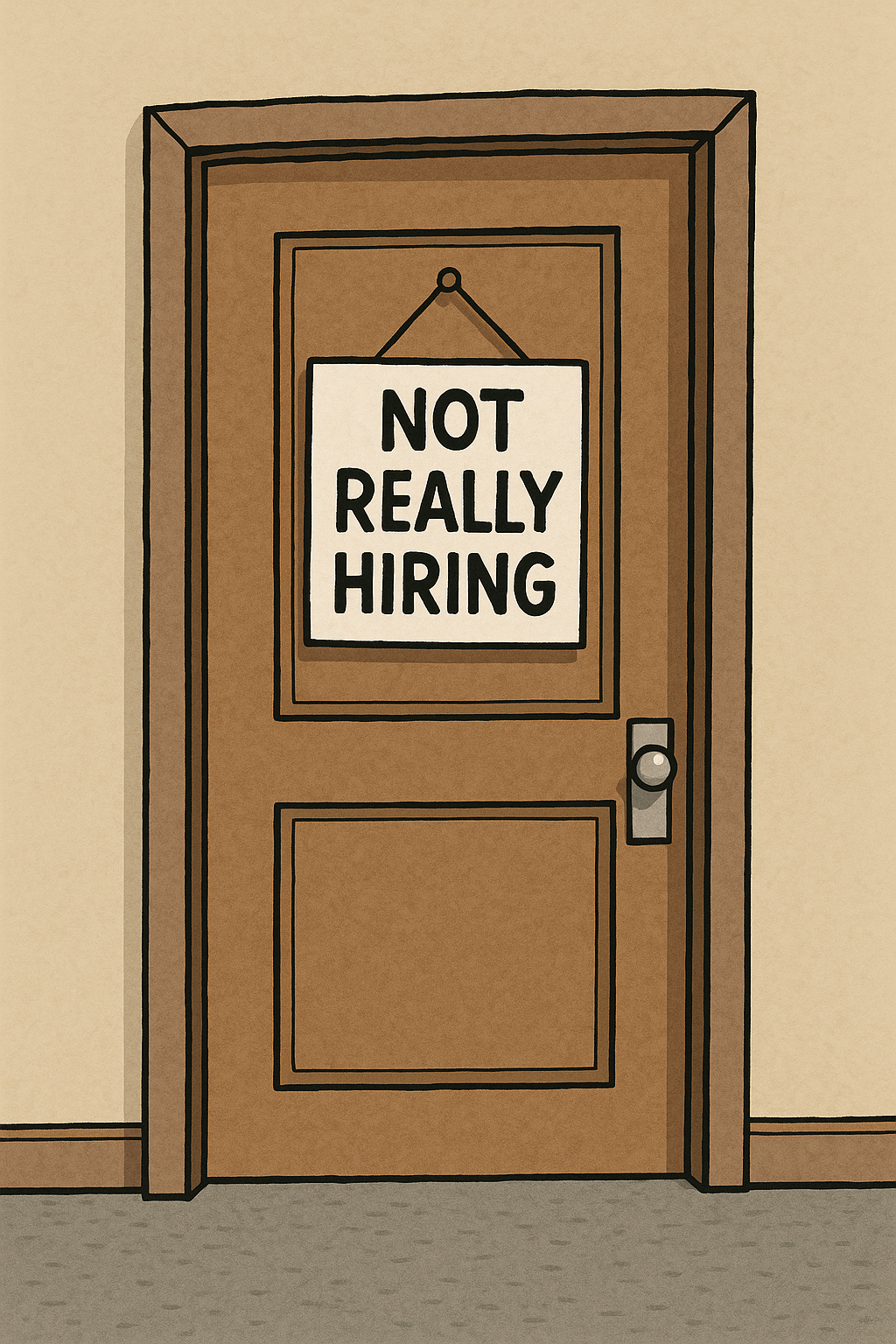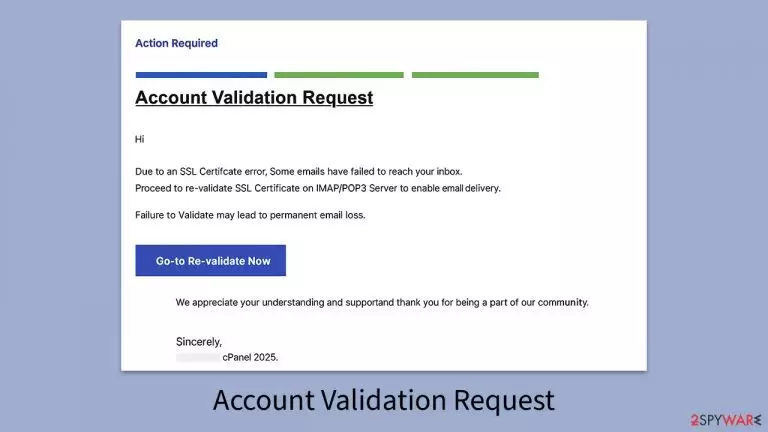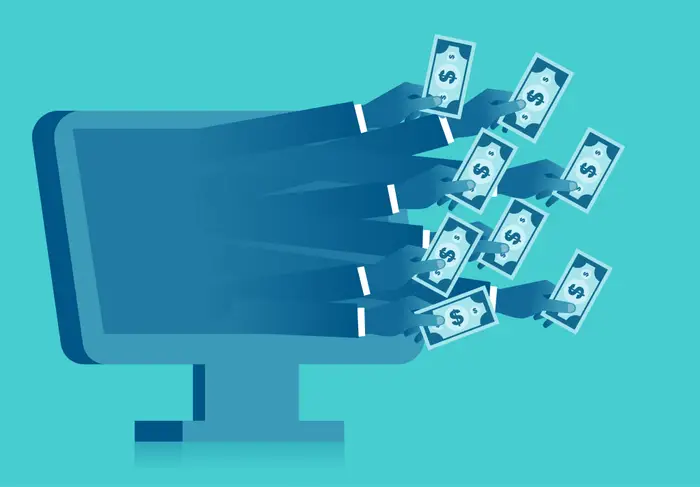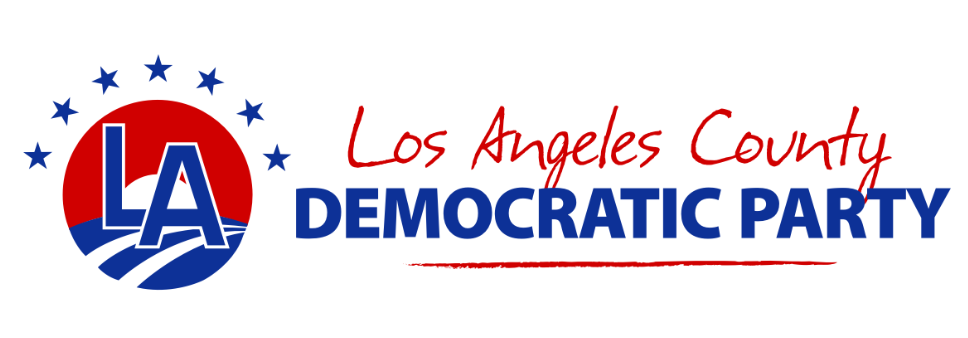PhoolPhisher
link Beware of Unsolicited Jobs
— Getting offered a job feels great. Maybe you've been looking for work for a long time. Or maybe you're unhappy with your current job. Or maybe you would just like to learn more about your options. It's can't hurt to talk to a recruiter can it?
Beware of Unsolicited Jobs
— Getting offered a job feels great. Maybe you've been looking for work for a long time. Or maybe you're unhappy with your current job. Or maybe you would just like to learn more about your options. It's can't hurt to talk to a recruiter can it?
Treasury.gov
link U.S. and U.K. Take Largest Action Ever Targeting Cybercriminal Networks in Southeast Asia
— American losses to online investment scams have been growing steadily, totaling over 16.6 billion dollars. In response, the U.S. Treasury and U.K. government have launched their most expansive joint campaign yet to dismantle Southeast Asia–based cybercrime networks by sanctioning 146 entities tied to the Prince Group Transnational Criminal Organization and cutting off the Cambodia-based Huione Group from the U.S. financial system.
U.S. and U.K. Take Largest Action Ever Targeting Cybercriminal Networks in Southeast Asia
— American losses to online investment scams have been growing steadily, totaling over 16.6 billion dollars. In response, the U.S. Treasury and U.K. government have launched their most expansive joint campaign yet to dismantle Southeast Asia–based cybercrime networks by sanctioning 146 entities tied to the Prince Group Transnational Criminal Organization and cutting off the Cambodia-based Huione Group from the U.S. financial system.
Fox News
link How to spot and stop AI phishing scams
— Everyone is talking about the power of AI these days. Unfortunately, scammers are also turning to AI to making their scams smarter and more effective.
A recent victim recently lost $850,000 to a scammer who used AI to pose as Brad Pitt!
Here are some tips to avoid falling for a scam.
How to spot and stop AI phishing scams
— Everyone is talking about the power of AI these days. Unfortunately, scammers are also turning to AI to making their scams smarter and more effective.
A recent victim recently lost $850,000 to a scammer who used AI to pose as Brad Pitt!
Here are some tips to avoid falling for a scam.
The Guardian
link Experience: I’m a scam hunter who got scammed
— "Because I deal with scams nearly every day, I didn’t think I’d become a victim myself – but somehow I did."
Experience: I’m a scam hunter who got scammed
— "Because I deal with scams nearly every day, I didn’t think I’d become a victim myself – but somehow I did."
The Pride
link Beverly Hills Senior Scammed Out of $59K; Richmond Man Charged in Fraud Scheme
— Multiple charges have been leveled at a Richmond, California man accused of defrauding an elderly Beverly Hills resident out of $59,000 by posing as both a bank employee and a federal agent, according to a press release from the Beverly Hills Police Department.
The scam unfolded on July 1, 2025, when members of an organized crime group allegedly told the victim his bank accounts were compromised by a “virus” or “hack” on his electronic devices.
Beverly Hills Senior Scammed Out of $59K; Richmond Man Charged in Fraud Scheme
— Multiple charges have been leveled at a Richmond, California man accused of defrauding an elderly Beverly Hills resident out of $59,000 by posing as both a bank employee and a federal agent, according to a press release from the Beverly Hills Police Department.
The scam unfolded on July 1, 2025, when members of an organized crime group allegedly told the victim his bank accounts were compromised by a “virus” or “hack” on his electronic devices.
Olivia Morelli 2-Spyware
link Account Validation Request email scam (fake) - Free Instructions
— A new phishing campaign is making the rounds under the guise of an “Account Validation Request” notice. The email claims there’s an issue with your email account’s SSL certificate and urges you to “re-validate” it to prevent permanent email loss. It’s designed to sound urgent and technical so recipients act without thinking.
Account Validation Request email scam (fake) - Free Instructions
— A new phishing campaign is making the rounds under the guise of an “Account Validation Request” notice. The email claims there’s an issue with your email account’s SSL certificate and urges you to “re-validate” it to prevent permanent email loss. It’s designed to sound urgent and technical so recipients act without thinking.
BuzzFeed Contributor
link A New Email Scam Is ShShockingly Realistic, Here's Everything You Need To Know About Protecting Yourself
— An email hits your inbox from an unknown sender that includes a picture of your house and address, followed by a threat: “Don’t even try to hide from this. You have no idea what I’m capable of….I’ve got footage of you doing embarrassing things in your house (nice setup, by the way).”
A New Email Scam Is ShShockingly Realistic, Here's Everything You Need To Know About Protecting Yourself
— An email hits your inbox from an unknown sender that includes a picture of your house and address, followed by a threat: “Don’t even try to hide from this. You have no idea what I’m capable of….I’ve got footage of you doing embarrassing things in your house (nice setup, by the way).”
PhoolPhisher
link Beware of Democratic Party Scams
— Political email phishing scams are designed to take advantage of heightened political activity and voter passion. They often mimic legitimate political campaigns, parties, or official government bodies to steal personal information, money, or to spread misinformation.
Beware of Democratic Party Scams
— Political email phishing scams are designed to take advantage of heightened political activity and voter passion. They often mimic legitimate political campaigns, parties, or official government bodies to steal personal information, money, or to spread misinformation.
PhoolPhisher
link Think Before You Click: The “Unsubscribe” Trap
— Never give scammers a thumbs-up by clicking unsubscribe.
Think Before You Click: The “Unsubscribe” Trap
— Never give scammers a thumbs-up by clicking unsubscribe.
PhoolPhisher
link Netflix Payment Method Scam
— Phishing scams targeting Netflix subscribers often use emails or texts that appear to be from the company. These messages create a sense of urgency, claiming there's a problem with your account, such as a billing issue or an expired membership. They trick you into clicking a link that leads to a fake Netflix website designed to steal your personal information, including login credentials and credit card details. The scam is successful because the fraudulent emails often look very authentic, but red flags include a generic greeting, a sense of urgency, and a URL that doesn't belong to the official Netflix domain.
Netflix Payment Method Scam
— Phishing scams targeting Netflix subscribers often use emails or texts that appear to be from the company. These messages create a sense of urgency, claiming there's a problem with your account, such as a billing issue or an expired membership. They trick you into clicking a link that leads to a fake Netflix website designed to steal your personal information, including login credentials and credit card details. The scam is successful because the fraudulent emails often look very authentic, but red flags include a generic greeting, a sense of urgency, and a URL that doesn't belong to the official Netflix domain.